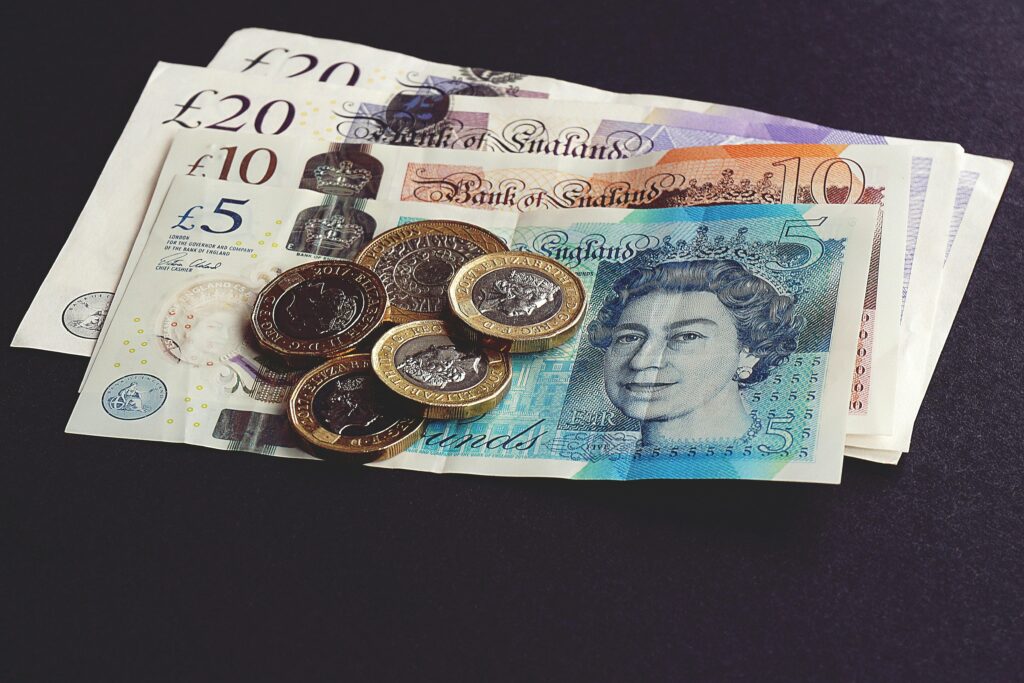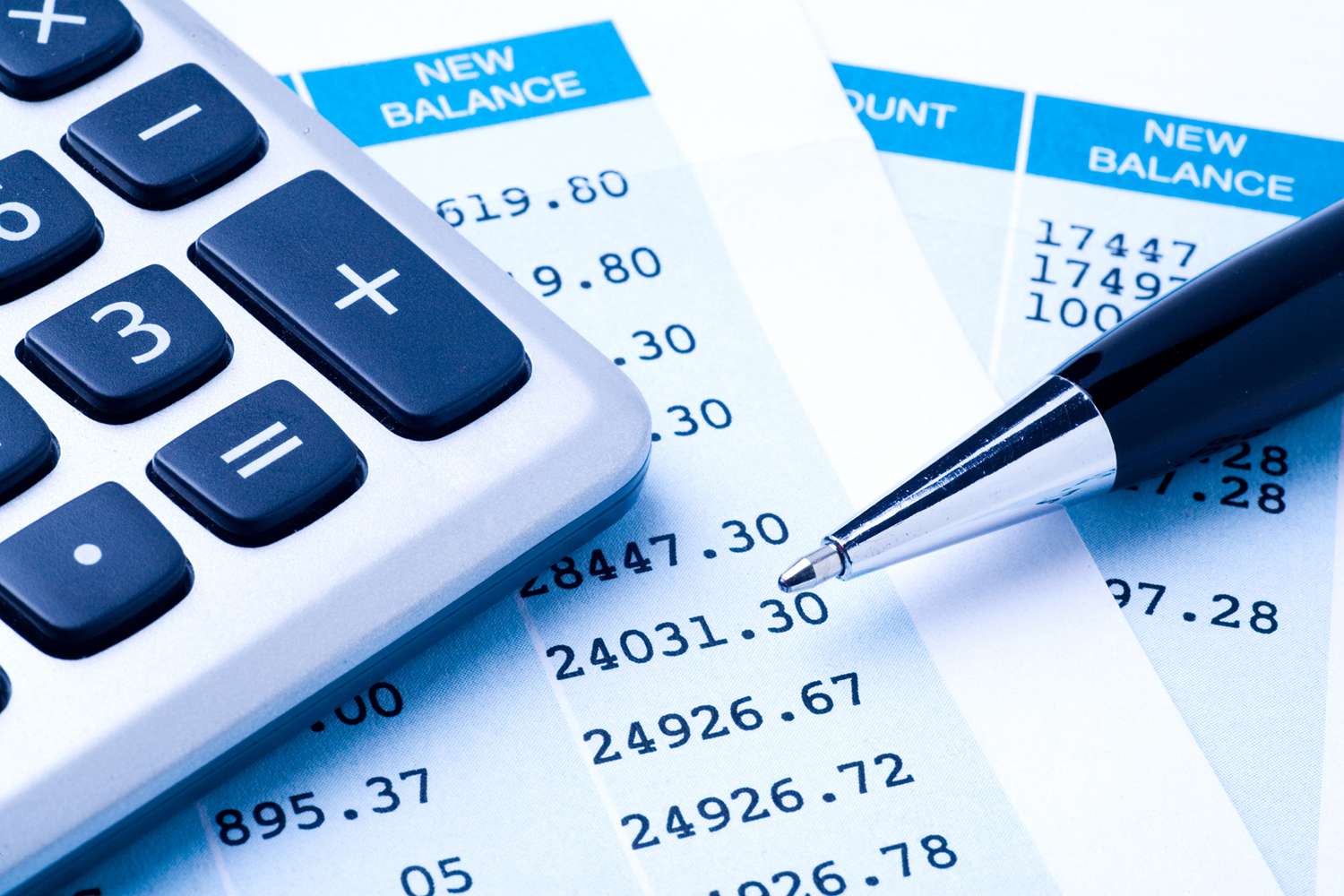When you make any charitable donation, it shows your proactiveness towards society and its welfare and can also help you reduce your income tax. There are several ways to save taxes on donations – here is how you can do so.
Is charity donation tax deductible?
While taxes are deducted from citizens’ income to fund the UK government for several purposes, there are multiple legal ways for taxpayers to reduce their tax liability.
The UK government encourages charitable donations; therefore, it offers tax relief to those who donate to eligible charities and organisations. This serves a dual purpose in the country- charitable entities get financial help, and taxpayers willingly donate more to reduce taxes on donations.
So, a short answer: “Is charity donation tax deductible?” is YES, charitable donations are tax-deductible.
Now, let’s explore how you can claim tax relief when you donate to a charity.
Gift Aid

Charitable donations through Gift Aid denote charities, and Community Amateur Sports Clubs (CASCs) can claim an additional 25p for every £1 donated. This will not cost taxpayers any additional money.
Although charities can get Gift Aid on most donations except a few, including donations from limited liability companies, payroll giving, where a donor gets a “benefit” over a certain amount, etc.
What you need to do
In the case of Gift Aid, individuals must make a Gift Aid declaration to claim a tax deduction for donations. The CASC or charity can make the declaration form available to the donors. Additionally, an HMRC Charity reference number is mandatory, which can also be confirmed by the CASC or charity.
It should be noted that individuals must declare to each charity for charitable donation via Gift Aid.
Individuals can include all donations to charities from the last 4 years. Inform the charity about previous tax years when enough tax payments were not made. If CASC or charity receives more tax than the actual payment, HMRC might ask the taxpayers for the difference.
Making Sufficient Tax Payments to Qualify for Gift Aid
Any charitable donation qualified as long as it’s not more than 4 times the amount paid in taxes during that particular tax year (from 6 April to 5 April). The tax payment can be related to the income or capital gains. If individuals no longer pay enough taxes, they are required to inform the charities they support.
Charitable Donations through Payroll Giving
Donations made through your employer or pension provider’s Payroll Giving scheme are deducted before Income Tax is applied.
You’ll still contribute National Insurance to your donation amount, but income tax will not be applied to the donated sum.
Must-Know Things For Higher-rate Taxpayers
If you’re a higher-rate taxpayer, you can reclaim the discrepancy between the tax paid on your donation and the amount the charity received. You can do this when completing your Self-assessment tax return or requesting HM Revenue and Customs (HMRC) to adjust your tax code.
Example: Suppose you donate £100 to a charity, and they use Gift Aid to increase your donation to £125. Since you pay 40% tax, you can claim back £25 (£125 x 20%).
With Payroll Giving, you won’t need to pay the difference between the higher and basic tax for donations.
Getting Charitable Donations Tax Relief Sooner Using Tax Return
Usually, a Self-Assessment tax return covers activities from the previous tax year. However, for Gift Aid, you have the flexibility to claim the current tax year’s charitable donations tax relief (up to the date you submit your return) if you:
- Prefer to receive tax relief earlier.
- Did not pay higher-rate tax in the current year but did so in the previous year.
You’re unable to do this if:
- The self-assessment tax return deadline is missed, which is January 31 for online filings and October 31 for filings by post).
- Your charitable donations do not qualify for Gift Aid- the total of your donations from both tax years must not exceed 4 times the amount you paid in tax in the previous year.
Getting Tax Deduction for Donations Sooner If You Don’t Have to Send a Tax Return
If you don’t have to send a tax return, contact HMRC to claim the following:
- Call if your claim is £5,000 or below.
- Write to them for claims exceeding £5,000.
You’ll need to inform HMRC about the donation amount. If your donation is £10,000 or more, you should also provide the donation date and the charity name.
If you Receive Married Couple’s Allowance
If you receive Married Couple’s Allowance, your tax-free allowance can rise when you donate through Gift Aid and claim this allowance.
If you complete a self-assessment tax return, your allowance will be adjusted automatically as necessary; if you don’t, inform HMRC about your charitable donations.
Charitable Donations Directly from Wages or Pension

As donations to CASC or charities cannot be made through Payroll Giving, it becomes necessary to confirm with your employer, pension provider, or company whether they offer a Payroll Giving Scheme. In case they do, you can make charitable contributions directly from your pension or wages. It happens prior to income tax deductions.
The Charitable Donations Tax Relief completely depends on the tax rate you pay. For a donation of £1, the payment you make can be as per the following rates:
- 80p for basic rate taxpayers
- 60p for higher-rate taxpayers
- 55p for additional rate taxpayers
The tax deductions on donations are different for Scotland’s taxpayers. To donate £1, you make the payment as per following rates.
- 81p for a starter rate taxpayer
- 80p for a basic rate taxpayer
- 79p for an intermediate rate taxpayer
- 59p for a higher rate taxpayer
- 54p for a top-rate taxpayer
Donation of land, property, or shares
Donations of property, land, and shares, even if sold for less than their market value, are exempt from taxes. This applies to Income Tax and Capital Gains Tax but not donations to community amateur sports clubs (CASCs). Maintaining records of the donation is important to prove that you’ve made the gift or sale and that the charity has accepted it.
Income Tax relief
The Income Tax liability can be reduced by subtracting the value of your donation from your total taxable income. This adjustment applies to the tax year you donated or sold to charity (from April 6 to April 5).
The process to Claim the Charitable Donation Tax Relief
If you fill out a self-assessment tax return, include the amount you’re claiming in the ‘Charitable giving’ section. This will lower your Self Assessment bill.
If you don’t file a tax return, inform HMRC about the gift or sale and the tax relief amount. You may receive a refund or have your tax code adjusted to reduce your Income Tax for that tax year.
Capital Gains Tax relief
You are exempt from Capital Gains Tax on property, land, or shares donated to charity.
You may be eligible for tax payments if they are sold above their purchase price but less than their market value.
You may have to pay if you sell them for more than they cost you but less than their market value. Calculate your gain based on the amount the charity pays you, not the asset’s value.
Selling Assets Like Land, Property, Or Shares On Behalf Of A Charity
If you offer a gift of land, property, or shares, the charity may request you to sell the gift on its behalf. You can proceed with this and still qualify for a tax deduction on donation. However, it’s crucial to maintain records of the gift and the charity’s request. Failing to do so may result in potential liability for Capital Gains Tax.
Leaving Charitable Gifts In Your Will
Leaving charitable gifts in your will involves specifying what happens to your money, property, and belongings after your passing.
Your donation may:
- Be deducted from the value of your estate before Inheritance Tax calculation.
- Lower your Inheritance Tax rate if 10% or more of your estate is designated to charity.
You can donate a fixed sum, an item, or the remainder of what remains after distributing other gifts.
Claim Your Charitable Donations Tax Relief with TaxCan Accountants in the UK!
While charitable donations and tax relief reduce taxpayers’ tax liability, the process of claiming tax deduction for donations can be complex and time-consuming for citizens. Therefore, it’s always best to seek professional assistance to claim this relief. TaxCan Accountants is one such reputed and trusted accountant firm in the UK that offers end-to-end support and services for various self-assessment tax returns, including charity donations. We assign a dedicated accountant to deal with HMRC on your behalf until you benefit from the tax relief for charitable donations.
For more information, get in touch with TaxCan Accountants.



